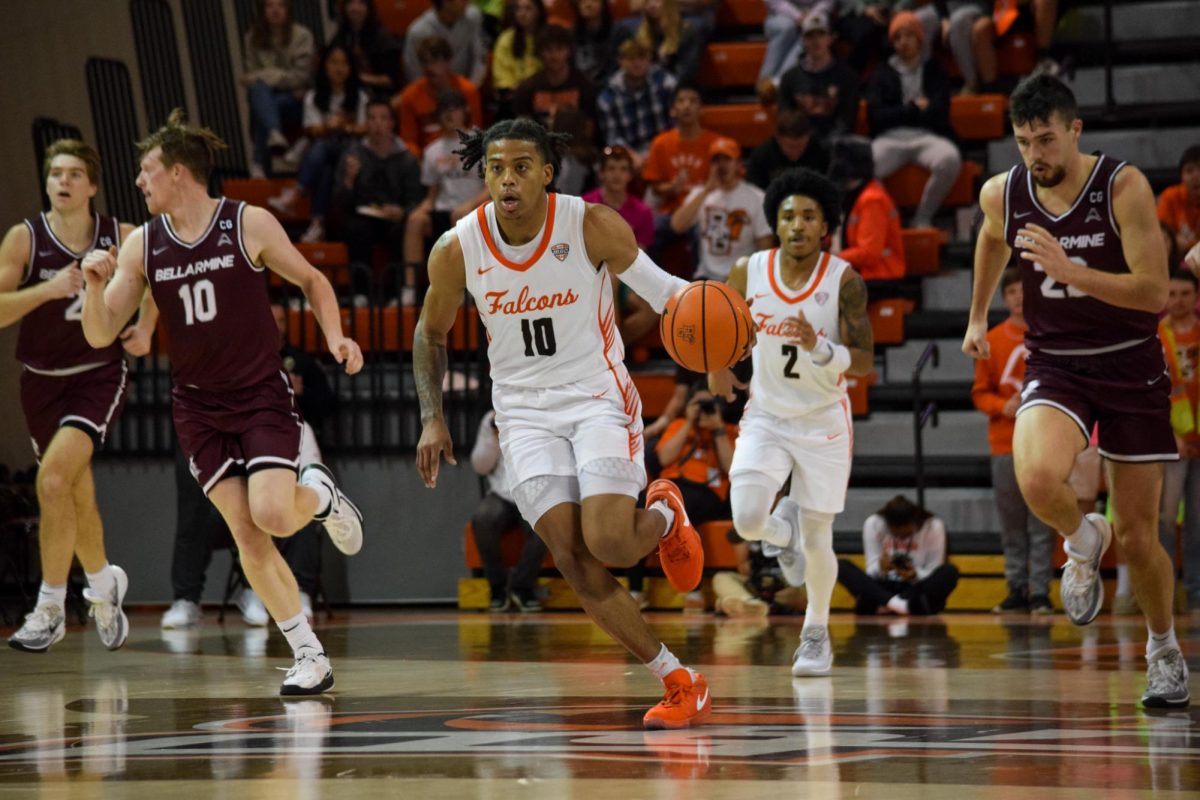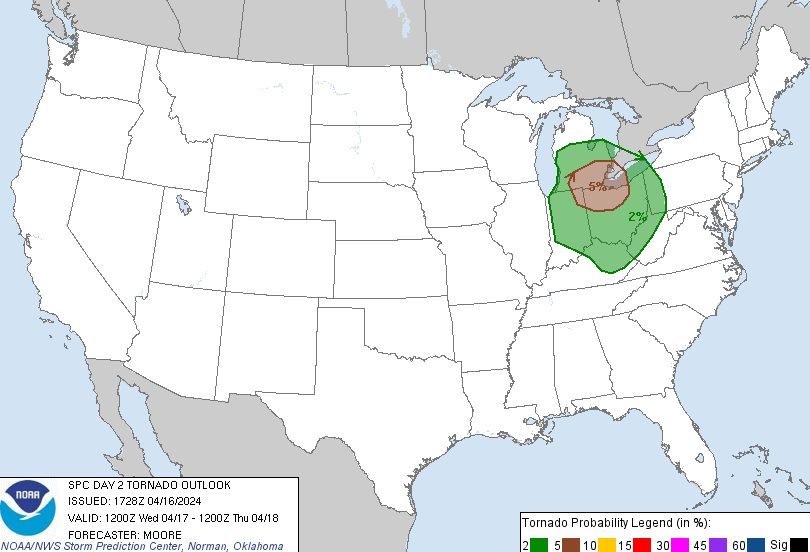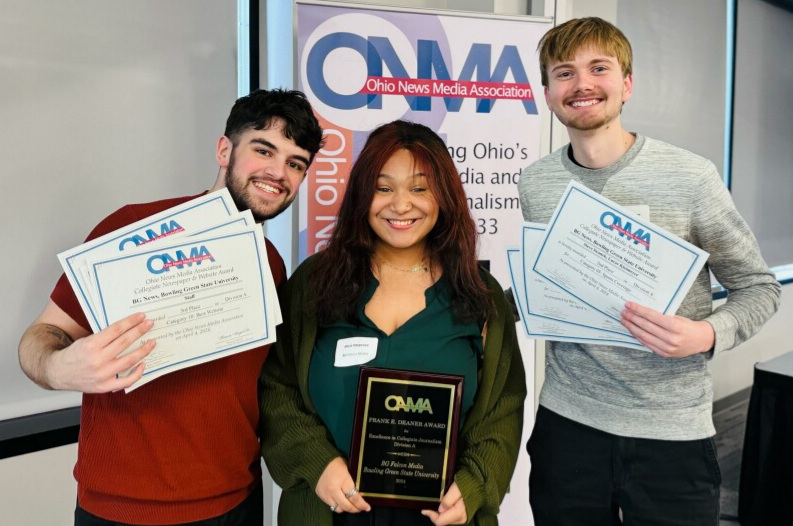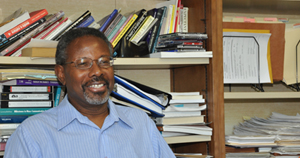When it comes to success in college, a person’s previous experiences, abilities and characteristics all come into play to help determine the outcome of their time spent at any university.
For more than 30 years, the University has given a first-year student questionnaire to incoming freshmen in order to assess these facets. The “freshman survey” is designed to collect personal data that is not considered in the actual enrollment and registration process.
Some of the information collected includes the number of institutions each student applied for, the number each student was accepted to, demographic information and the level of importance that various aspects of University life are to individual students.
Each year, incoming students are given this survey before they leave SOAR [Student Orientation, Advising and Registration.] The most recent survey given in 2012 had a respondent total of 3,309 out of 3,622 students, or 91.4 percent of all the students enrolled part-time or full-time at the University.
Andy Alt, director of New Student Orientation and First-Year Programs, said that the survey helps the University compare characteristics and statistics of its incoming students from year to year, as well as from university to university.
One of the questions students are asked is if they believe that they will be able to make at least a “B” average while at the University. The 2012 survey results stated that 56 percent of incoming freshmen believed they could do so.
Freshman Emily Edmondson said that in high school, she received “average grades, B’s and C’s.”
Upon entering college, Edmondson believed that she would be able to maintain a B average.
According to the survey, 10 percent of incoming students thought that they might change their career choice at some point during their time at the University.
Freshman Elise Grum said that the University was her first choice of institutions because she had originally planned to major in education, which she said the University is known for. She is now undecided and is working on figuring out a new major.
“I wasn’t really sure if I’d be able to maintain a B average because I’d heard a lot of different stories about classes in college, good and bad,” Grum said.
Alt said that the survey is also helpful with regards to figuring out new students’ needs and apprehensions about attending college. He said the results are shared with the Learning Commons and this gives an idea about what services will be of use to students in order for them to succeed.




















